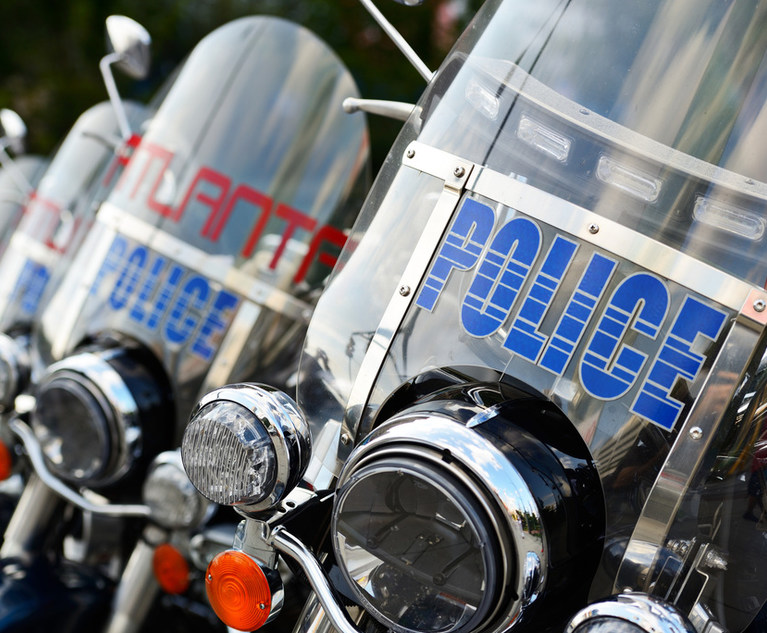When does lawful protest become criminal activity? That question is at issue in Atlanta, where 57 people have been indicted and arraigned on racketeering charges for actions related to their protest against a planned police and firefighter training center that critics call “Cop City.”
Racketeering charges typically are reserved for people accused of conspiring toward a criminal goal, such as members of organized crime networks or financiers engaged in insider trading. Georgia Attorney General Chris Carr is attempting to build an argument that seeking to stop construction of the police training facility—through actions that include organizing protests, occupying the construction site and vandalizing police cars and construction equipment—constitutes a “corrupt agreement” or shared criminal goal.


 (Credit: Daniel/Adobe Stock)
(Credit: Daniel/Adobe Stock)




